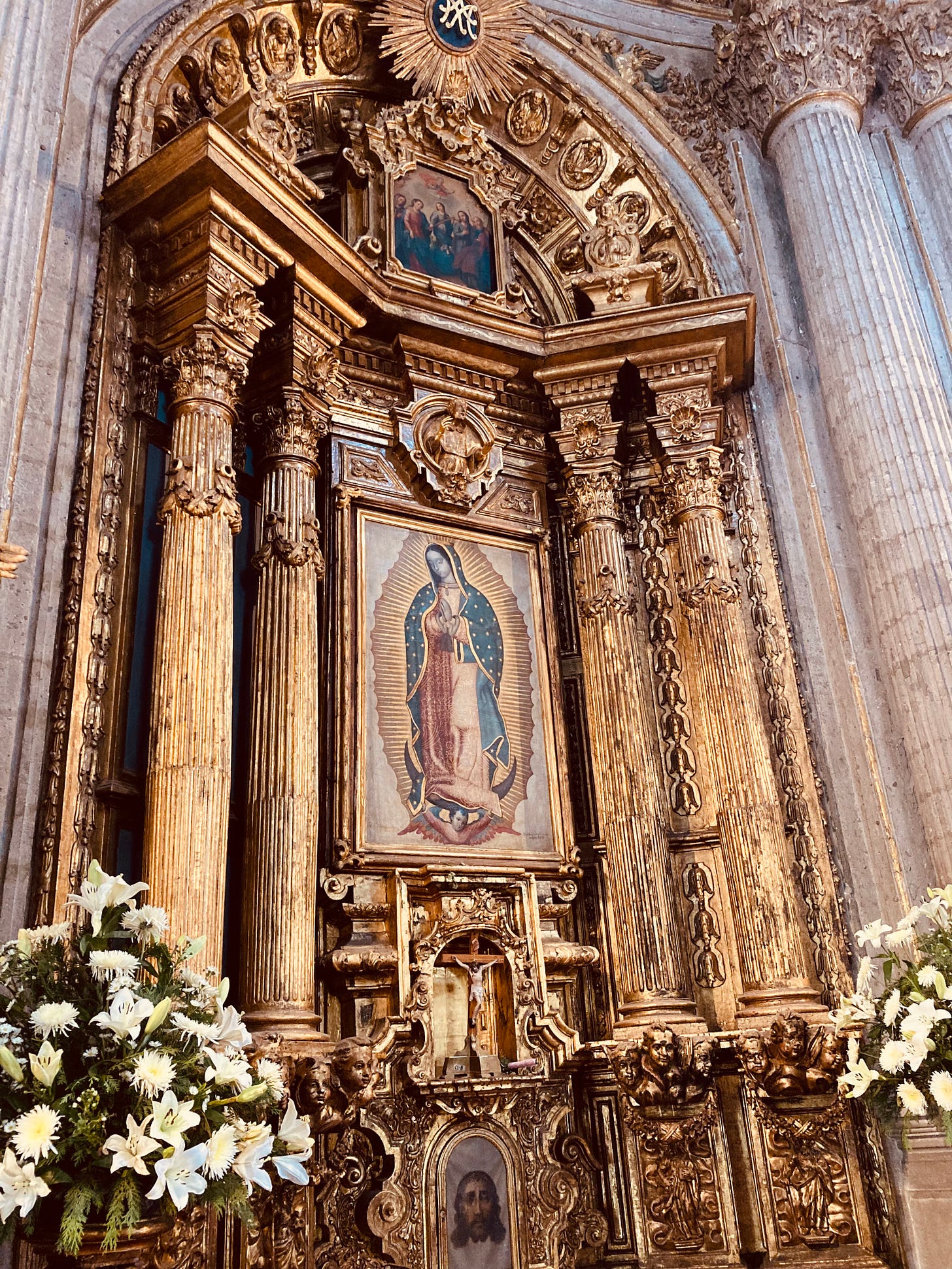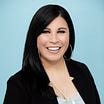The Psychology of Colonialism and Intergenerational Trauma
by guest contributor Leticia Ochoa Adams
In an analysis of the great Frantz Fanon’s writings, the Irish journalist John Waters highlights that colonialism engenders two kinds of “barbarism”: the first is “of those who became persuaded by the indictment of their alleged precolonial savagery that they ought to vacate their backward culture and embrace ‘civilization,’” and the second is “the barbarism necessary to inflict this lie and make it stick…Shame, guilt, self-hatred,” he continues, “all the pathologies colonialism inflicts tend to ensure that its nature remains hidden.”
Fanon, he reminds us, comes at the issue as both a philosopher and a licensed psychiatrist. Beneath these “syndromes” he diagnoses is another: “colonialism, from the beginning, proposed itself as an unambiguously virtuous and constructive phenomenon. The colonizing nations claimed that what they brought to the outlying areas of the world was no less than civilization itself, and so everyone else ought to be thankful.” Such deceptiveness inevitably sets one’s internal consciousness and psyche to be in conflict with the real.
The effects of colonialism are deep and still felt today. Despite having already gained their independence, inhabitants of formerly colonized regions of the world like Latin America and Sub-Saharan Africa continue to face dishearteningly high rates of depression, suicide, substance abuse, and domestic violence.
As scientists and psychologists have uncovered more and more information about epigenetics (the study of how our environment can change our genes) it is (slowly) becoming common knowledge that things that happen to us today and that influence our environment and behaviors will impact the lives of our kids, grandchildren, great-grandchildren ad continuum. That means that who we are from the core of our genes to our behaviors and our beliefs are all influenced by things that happened to those who came before us.
Colonialism–the taking over of land of native people and the changes forced on them by colonists in both thoughts, values, and religion, and the trauma inflicted on people who were enslaved and who witnessed torture and murder, are within us today. This idea may seem crazy, but when you consider how a single post from Instagram influencers can create a viral trend and thus have a lasting impact on the culture, just imagine the “influence” of aggressive and powerful colonizers on natives. Or consider your own family rituals and customs. Why does grandma use this certain pan to make the Christmas turkey? When we realize that both her mother and her mother’s mother used it, we begin to understand just how much past generations impact current ones.
Looking at my own family, the effects of trauma and colonization are blatantly obvious to me.
I do not know my father. To understand why, all I have to do is look at my mother and her grandmother’s history. While my grandfather is not my biological grandfather, the impact of colonialism still shaped his choices in life and was passed down to my mother and me. These two familial histories shed so much light on who I am–both the good and the bad. I have them to thank for my strength, resiliency, and the gift of being able to figure things out in the worst of circumstances.
My grandfather’s mother was born in Uvalde, Texas. Her parents were born in an area that was Mexico at one point and then became the Republic of Texas and then the United States. Over the course of generations, my grandfather’s parents and grandparents had borders cross them–thus their status changed from native and then foreign without ever moving. This left them uprooted even while they stayed in the same area, leaving a deep sense of not belonging to the very land that they were born on. I still have the same sense of being lost as I stand still, as well as struggling to trust others.
Trauma is carried in our bodies, genetically, behaviorally, and emotionally–especially in the feeling of being chronically uprooted. It has not been easy to dig into my family’s history without knowing the stories of my grandmothers and their mothers, but their stories still live in my genes. And it is up to me to try and heal the things they did not have the privilege to because they were so busy surviving. This is the gift that I have to offer to my own grandchildren. Rather than healing by being angry or bitter, I have chosen to buy a piece of the land that my grandmothers belonged to and that my family worked, and to call it my home. I own cows, horses and goats–something my ancestors could have only dreamt of. I am the product of all their hard work, their tears, and their prayers. Their trauma is not the only thing that I carry. I also carry their dreams.
It is very important to me to be able to remember that the people I come from were not victims, they were survivors and they survived so that I could be here doing exactly what I am doing.
That does not mean that it has been easy to think about all the ways that colonizers used the Catholic faith that I love to abuse and harm people who lived here way before it was ever the United States. It has been a struggle that I have made peace with by knowing that God is just as angry as I am about it all. He showed solidarity with indigenous people by having His mother appear to them to give them hope. Saints were made, not by the people who harmed them in the name of God, but by God himself. I believe that my grandfather’s mother was one of those saints. Her faith in God was something I’ve been told about all of my life. I hope that I too can be a great witness of her faith and love of the Gospel.
It is the Gospel that has taught me that being who God made me means healing the wounds that I have collected through life and also being proud of my heritage. My family, through my great grandmothers, learned a long time ago that assimilation is the key to surviving. The ability to code switch to fit into an all white crowd is another one. I find myself hiding my Texas accent or laying it on thick, depending on who I am with. All of these are skills my great grandmothers, grandmother, mother, and aunts used to live in a world that was not meant to be a soft place for them to land, but the Gospel shows me how important my ancestors are. Mary was picked by God to be the mother of Jesus because who his mother is matters. So do my grandmothers. I do not need to mask that to assimilate.
Christ’s promise to make all things right is the one thing that I believe in even on days when it seems as if evil will always get the last word.
Leticia Ochoa Adams, award-nominated author of Our Lady of Hot Messes: Getting Real with God in Dive Bars and Confessionals, is a woman who knows what it feels like to be burned out, destroyed, completely emptied; full of nothing but loss. After her son’s death by suicide, she found her way back to hope while still honoring her grief, attending to the business of living on and finding joy even in the midst of immense loss and ceaseless tragedy, both personal and global. Through pain, we can feel our way to a sacred space, an honesty, where God can meet us, and from there to a place of healing and compassion, both for ourselves and for the larger world. Follow her on Instagram and Facebook @leticiaoadams
Check out Leticia’s appearance on the pod, as well as the pod episode with John Waters on colonialism. For more on colonialism, check out The Conservative Case for Juneteenth and On Columbus Day and Indigenous People’s Day.
Please consider signing up for a paid subscription to this page for more riveting content. If you’re new to Cracks in Pomo, check out the About page or read up on our Essentials. Also check out our podcast on Spotify, Apple, and YouTube and follow us on Instagram and Twitter.
photos taken in Mexico






